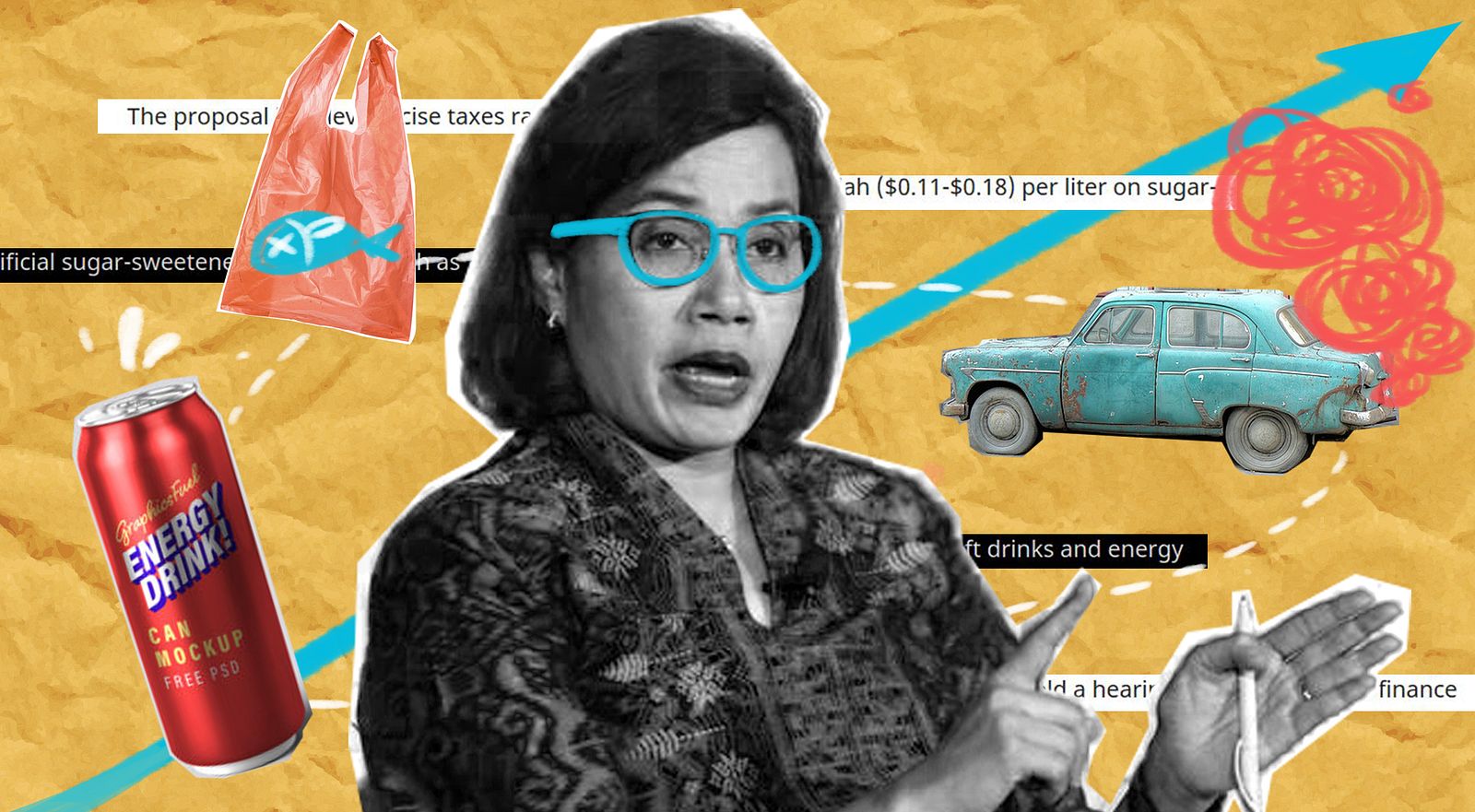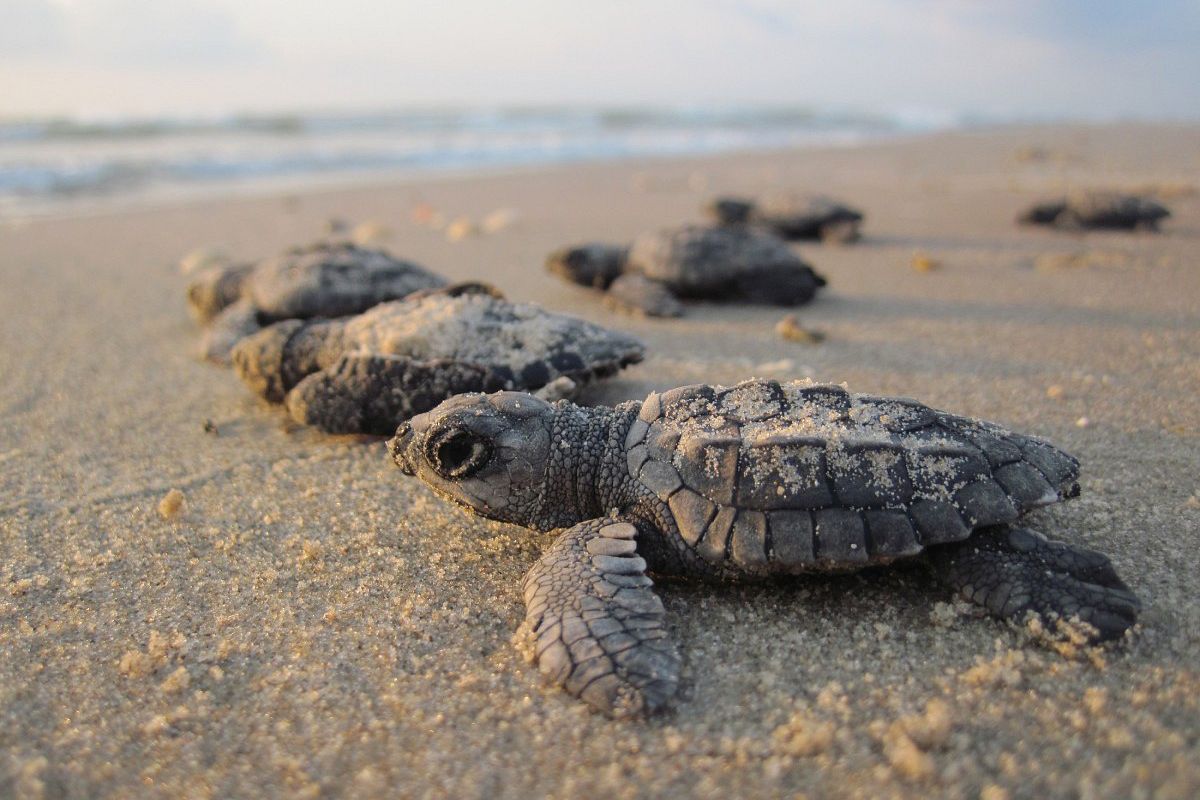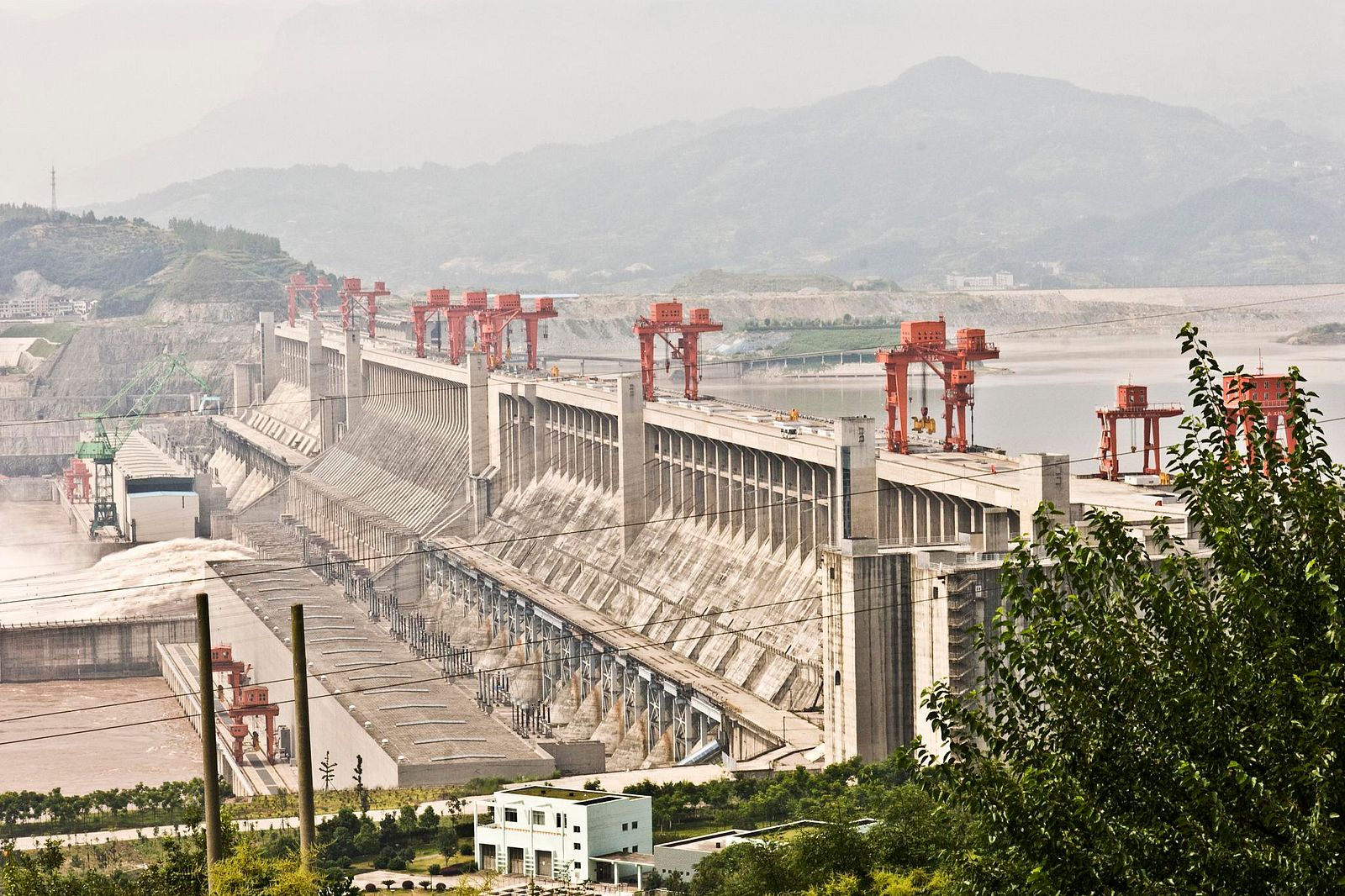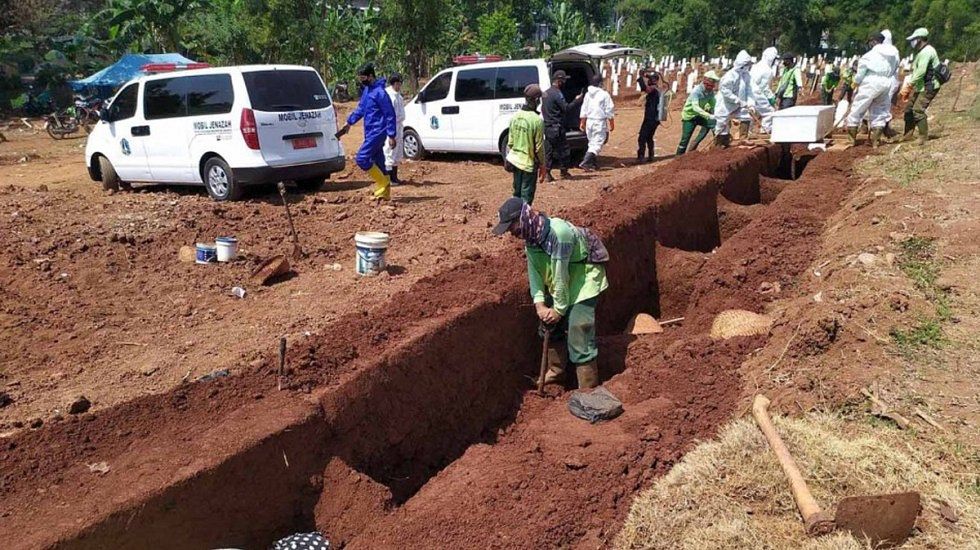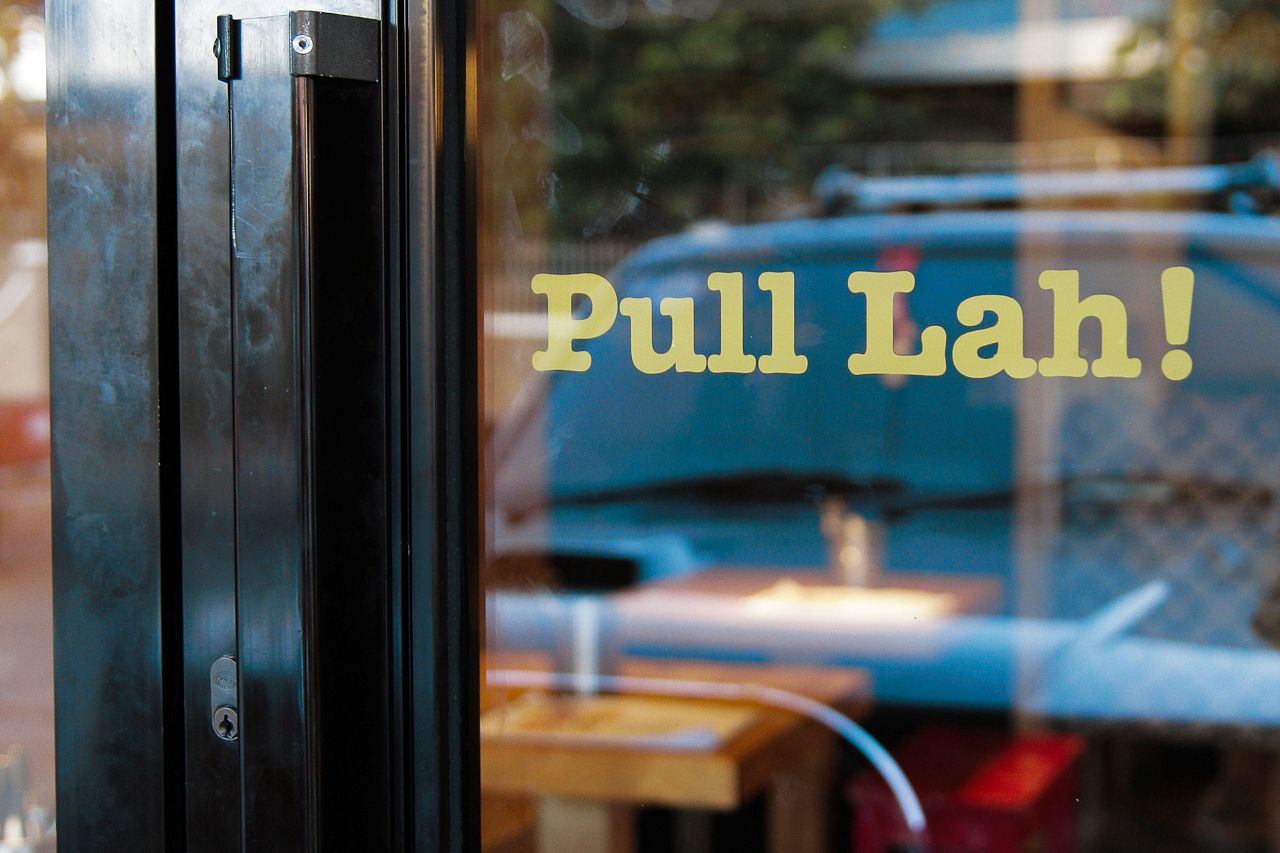There is a new proposal to tax sugary drinks, plastic bags and cars that release high amounts of carbon dioxide emissions in Indonesia.
Reuters reports that this tax proposal introduced by Indonesia's Finance Minister Sri Mulyani Indrawati is intended to curb the negative impacts of the consumption of these products, as well as to boost the country's weak tax collection.
The tax targets the consumption of sweet drinks that are considered a serious contributor to the country's growing health concerns, such as obesity and diabetes. The number of obese adults in Indonesia has risen from 10.5% in 2007 to 21.8% in 2018.
The percentage of people with type 2 diabetes in Indonesia has doubled in the past 30 years, as detailed by the South China Morning Post. It is estimated that 16 million adults live with diabetes in the country. Hari Kusnanto, a medical professor at Gadjah Mada University in Yogyakarta, attributes this to the lack of routine exercise and healthy diets, and in particular the increase in sugary products. He told the news source: "Now in the diet we have more sugar, and sugar is less expensive than in years past."
Indrawati's proposed tariff would put excise taxes on sugary beverages per liter. The tax would be IDR1,500–2,500 (US$0.11–0.18) on beverages such as sodas, energy drinks, and bottled teas and coffees.
Indonesia's parliament has yet to approve Indrawati's 2017 proposed excise tax of IDR200 per plastic bag. According to the World Bank, Indonesia generates 24,500 tons of plastic waste per day. Indrawati argued that if the tax were to be approved, it could cut Indonesia's consumption of plastic bags in half, bringing it down to 53,533 metric tons per year.
Jakarta Post, meanwhile, reports on Indrawati's explanation of the proposed vehicle tariff. According to the minister, all vehicles will be taxed if the proposal moves forward, except for mass transit, state-owned, and electric vehicles.
The same Reuters piece details how Indonesia is experiencing a low tax collection period. Indonesia's economic growth rate in 2019 was its slowest in three years. If the proposal to tax sugary beverages, plastic bags and cars were to be put into place, the expected revenue windfall is estimated at IDR23.56 trillion (US$1.7 billion) per fiscal year.
Vietnam has proposed similar taxes on plastic bags and sugary drinks. In 2017, Tuoi Tre reported that the Ministry of Finance was considering increasing their tax on plastic bags by 400%. Similarly, in 2018 Dan Tri reported that the finance ministry considered adding sugary drinks to their list of taxed goods, also with the aim of decreasing obesity and diabetes. It is unclear where these proposals currently stand.

